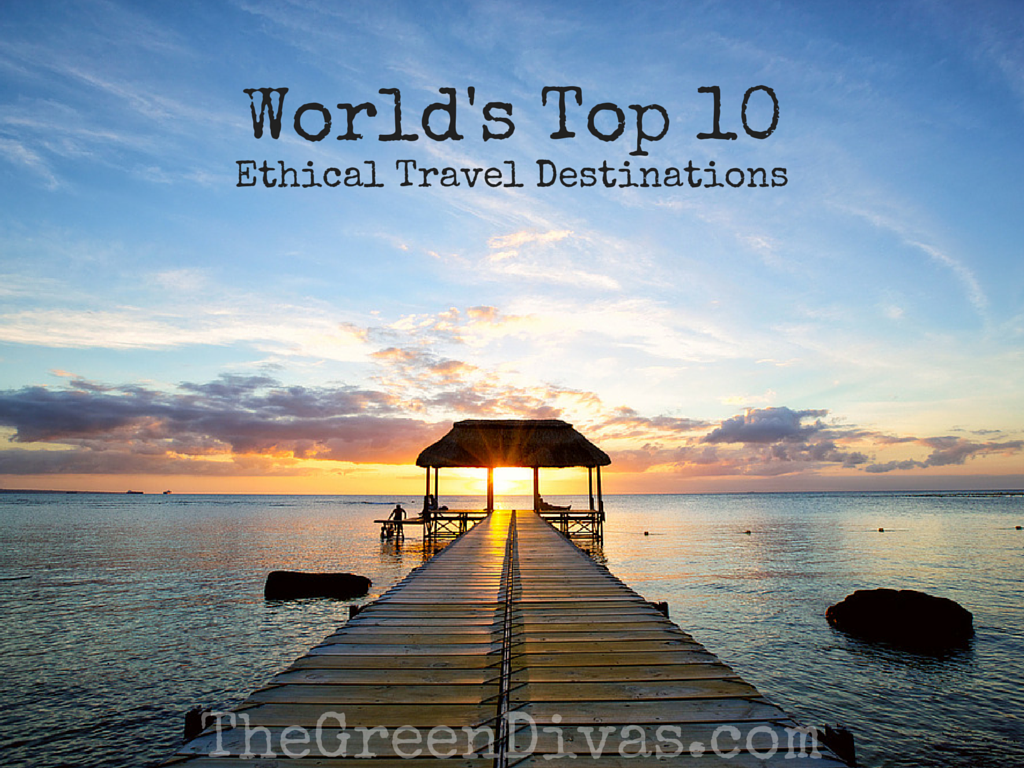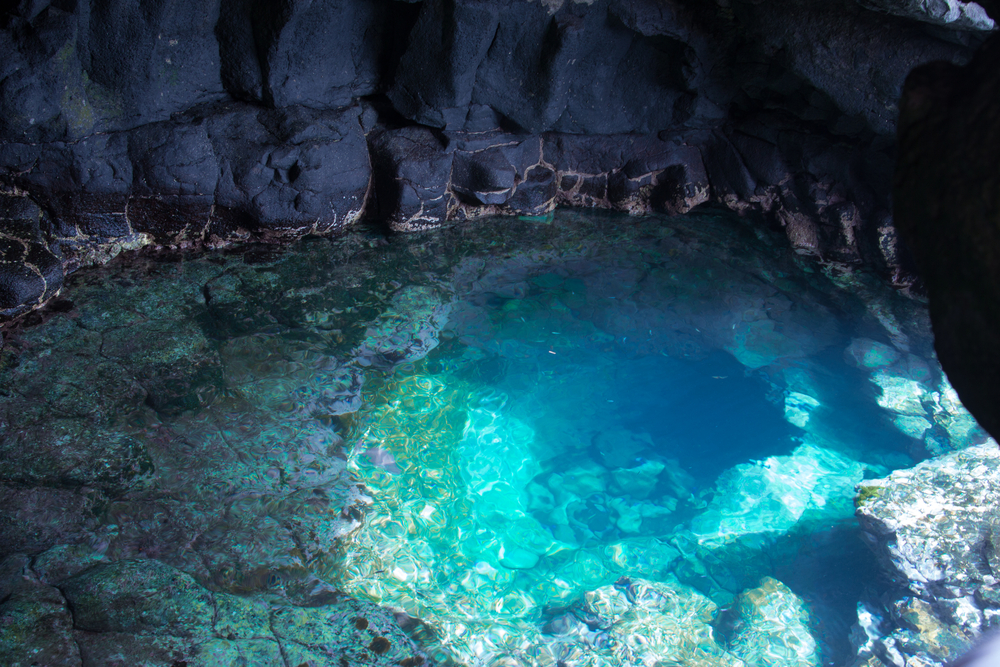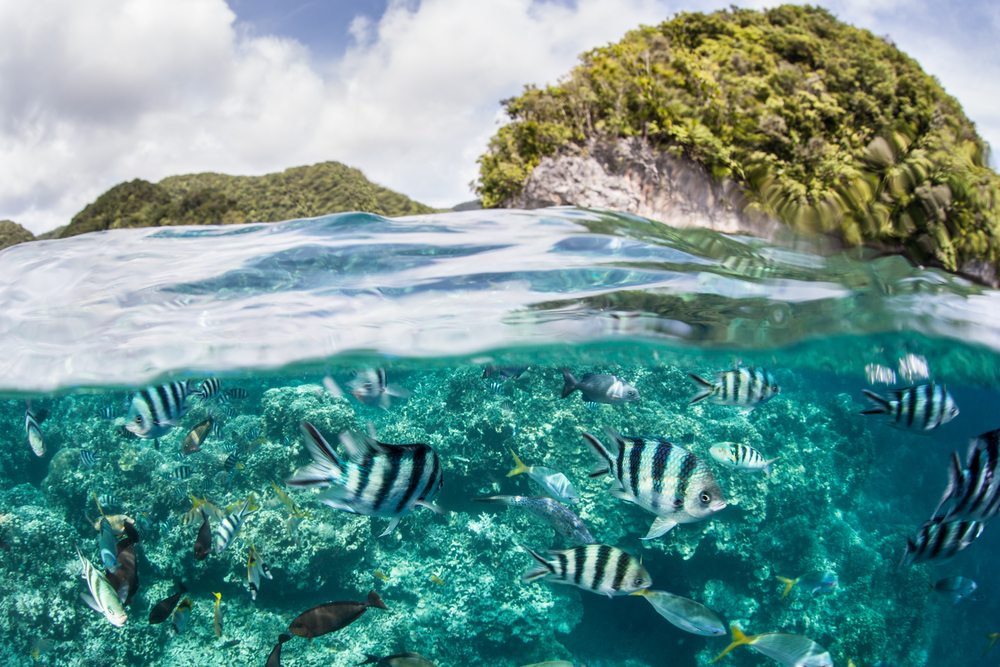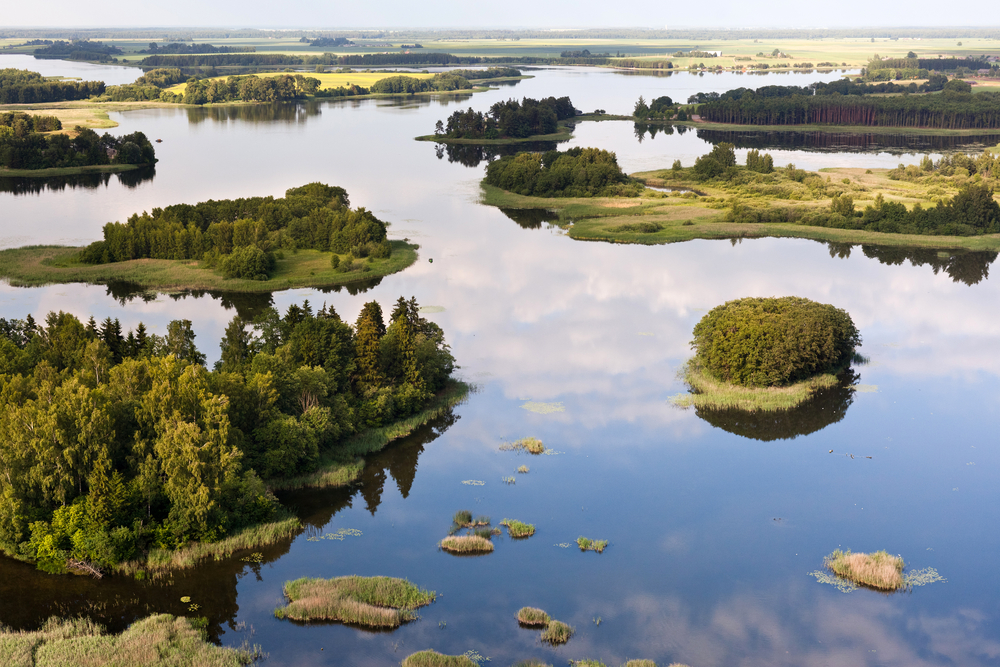
Listen to this Travelin’ Green Divas segment for the newly released top 10 ethical destinations for traveling around the world—some that may surprise you, some you may never have heard of. Then read on for more details.
What’s an ethical travel destination?
A Berkeley, California-based organization that can tell you that. It’s a non-profit called Ethical Traveler. Annually, it sets dozens of researchers to the task of examining the world’s developing nations, then selects the 10 which are doing the best job of preserving their environment, promoting human rights and creating a sustainable, community-based tourism industry.
In other words, they find the world’s 10 best ethical destinations. Then they urge us all to “vote with our wings”—to support the efforts of these nations when we vacation.
And the 2015 ethical travel destination winners are…
Interestingly, seven are island nations. “A trend in our winners’ circle,” says Ethical Traveler. “Climate change affects islands dramatically, so they tend to be very aware of the importance of effective environmental policies.”
1. Cape (Cabo) Verde
2. Chile
3. Dominica
4. Lithuania
5. Mauritius
6. Palau
7. Samoa
8. Tonga
9. Uruguay
10. Vanuatu

A repeat winner is Cabo (Cape) Verde, a group of 17 formerly Portuguese islands off Senegal in West Africa, known for its nesting loggerhead turtles, a highly endangered species, and a lively music scene.
Another repeater, Mauritius, is off the coast of East Aftrica; it offers stunning biodiversity, including 300 species of flowering plants.
Dominica, in the Caribbean, hosts a famous Carneval and claims its natural beauty is “almost as untouched as the day Columbus arrived here.”
The other ethical islands are all in the South Pacific, where tropical beauty and gorgeous beaches are made all the sweeter by progressive attitudes on sustainable fishing, bans on shark finning, climate change initiatives, humpback whale sightings and women’s rights. These are the nations of Palau, Samoa, Tonga and Vanuatu. Palau, particularly, grabbed our attention. It has lakes teeming with stingless jellyfish. Swimming in them is said to be like being in “a bowl of Jello.”

The other winners are the former Soviet satellite of Lithuania (now a thriving and energy-efficient EU member), Chile (whose terrain includes habitat for 120,000 penguins and the world’s driest desert) and Uruguay (known for its liberal LGBT policies and 80 percent renewable energy).
“Lithuania is almost a net positive country, meaning they’re almost self-sufficient,” according to international energy and policy consultant Elena Christopoulos.

This year’s report continues: “Sadly, no developing Asian country qualified this year; all betrayed too many human rights abuses, and showed too little movement toward sustainability.”
The report notes even the winning nations face serious challenges that must be addressed to continue moving forward. “While LGBT rights seem to be progressing globally, many countries still outlaw homosexuality. Harassment and discrimination are widespread. We would also like to see a stronger stand against domestic violence, as this social illness is still common in many countries.”
Other significant issues facing developing nations around the world include ongoing human trafficking, embracing fracking as an alternative to coal and a disturbing decline in press freedoms.
Ethical Traveler is an all-volunteer, non-profit project of the Earth Island Institute. The organization stresses that its annual list is completely unbiased, and that “no money or donations of any kind are solicited or accepted” in connection with this award.
Bonus:
Listen to the latest episode of The Green Divas Radio Show…
[dynamic-sidebar id=’Custom Widget 2′]
Pingback: The 10 Most Ethical (and Beautiful!) Travel Spots to Visit in 2015 | Maria Shriver